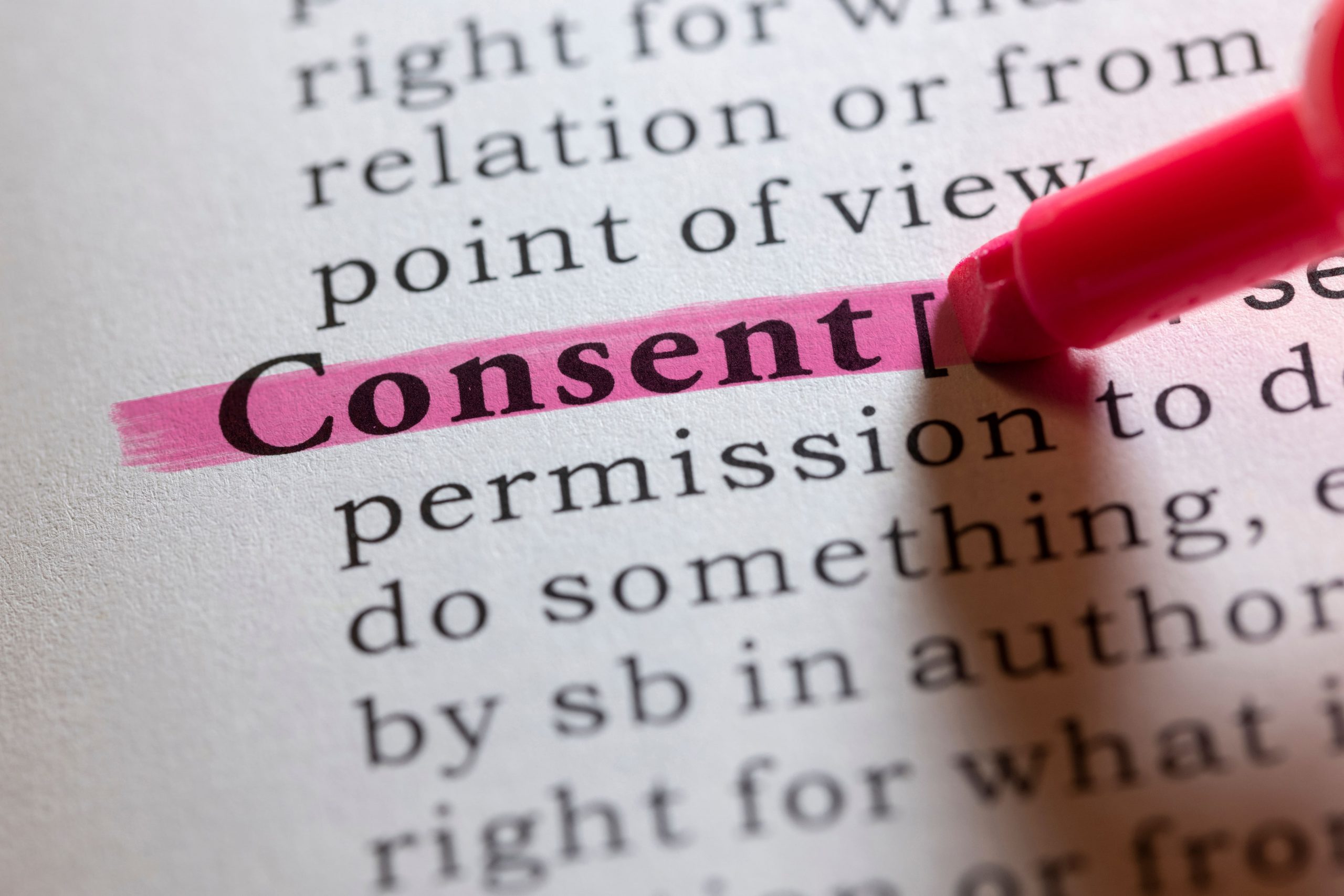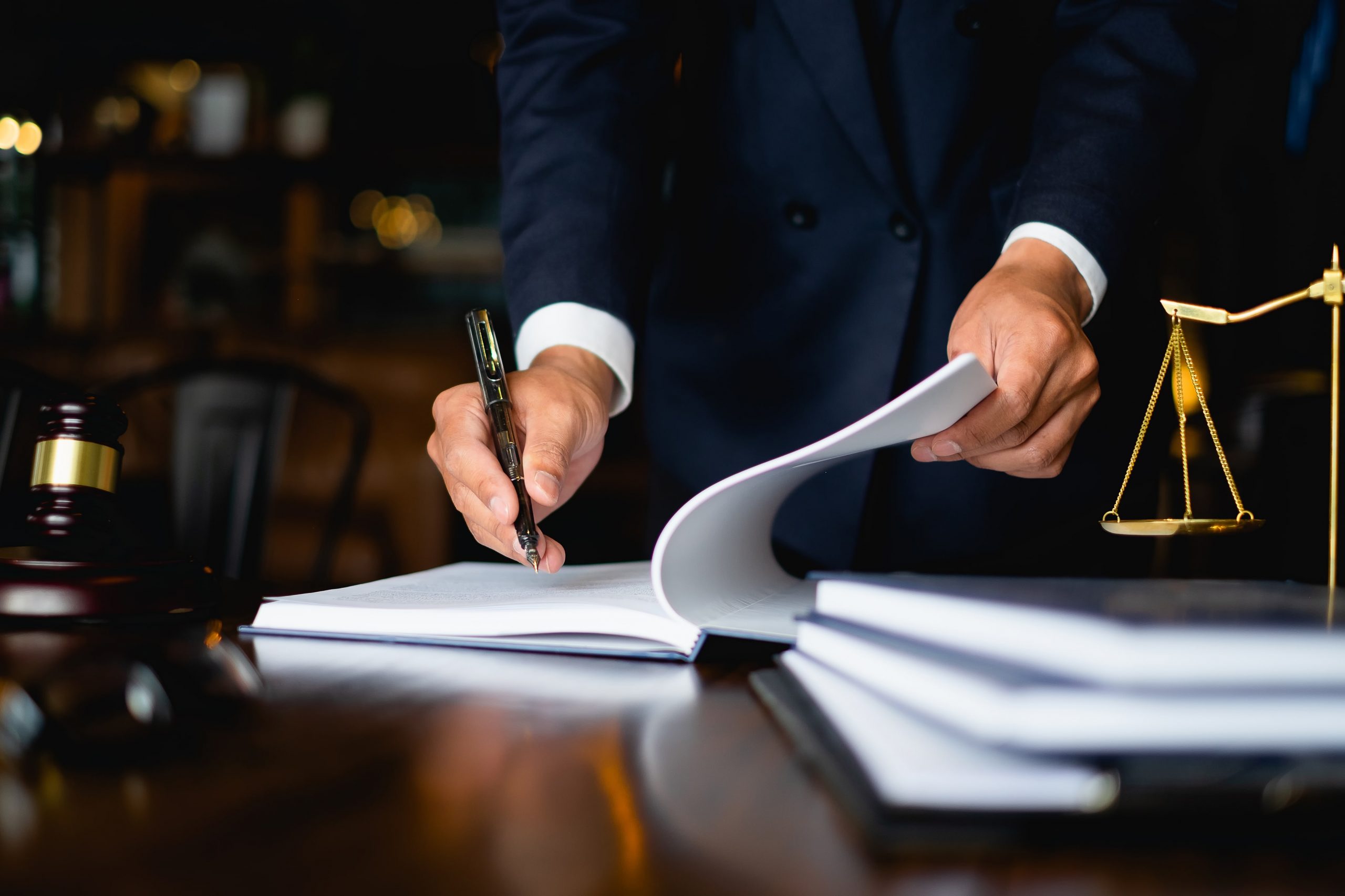Aggravated Indecent Assault – s 61M Crimes Act 1900
Charged with an aggravated indecent assault is extremely stressful and worrying. It is important to speak to a leading expert in aggravated indecent assault cases who can provide you with accurate, realistic and practical advice on how to get the charges dropped at an early stage, or fight it all the way to prove your innocence.
Aggravated indecent assault includes the elements of ‘indecent assault’ but is considered more serious, involving ‘circumstances of aggravation’.
Aggravated Indecent Assault
Section 61M Crimes Act 1900 (NSW) says that Indecent Assault is committed where you assault another person while committing an act of indecency incircumstances of aggravation.
Your Options in Court
To be found guilty for this offence, the police must prove beyond reasonable doubt, that:
- You committed an assault
- There was no consent by the alleged victim
- You were reckless as to whether the alleged victim consented or not
- Your conduct was ‘indecent’
In addition, the police must also prove any one of the following circumstances of aggravation:
- The victim was under the age of 16 when it occurred
- You were in the company of another person
- The victim was under your authority
- The victim has a serious physical disability
- The victim has a cognitive impairment
You will be found not guilty, if any one of the above elements are not proved by the police beyond reasonable doubt.
Where the allegations against you are completely false, and you should be found ‘not guilty’, it is critical that you speak to a trusted and experienced specialist defence lawyer.
A highly experienced specialist defence lawyer should first focus on getting charges dropped early, and tirelessly fight to defend the charges in court by proving your innocence. This is often done by carefully analysing the police evidence and picking out all the inconsistencies and lies.
Our specialist team of defence lawyers give a special focus on getting charges dropped early, and they have succeeded on countless occasions with exceptional results over the years.
Defences to this charge
An experienced expert in aggravated indecent assault cases will be able to give you realistic and practical advice on the best defences available to you to prove your innocence. Some defences to this charge include the following:
- You were threatened into committing the indecent assault
- The other person in fact consented (this defence is not available where the victim was under the age of 16 years or where the victim is cognitively impaired)
- The real offender was not you- his or her identity was mistaken for yours
- The indecent assault occurred from a proper medical purpose
It’s important to get the right advice and guidance so that you can determine whether you truly have no other option but to plead guilty to the charge. Our specialist criminal defence team of lawyers can confidently provide you with practical and realistic advice on your prospects of winning. If you plead guilty, the following are can maximise your chances of the most lenient outcome.
25% discount on punishment
The earlier a plea of guilty is entered into to the court, the more discount you will get on your ultimate punishment. This is why it’s crucial to get the right advice from a highly experienced specialist in this area of law as early on in your case as possible. This will result in a better outcome.
Good character references
Good character references are letters from people who know you, have seen you do good things and can vouch for your good character. It is also a great way to express the fact that you have shown remorse and insight in the offending conduct you did resulting in a better outcome.
The above information can have a significant positive effect on your case if it’s from the right people, in the correct format, with the relevant information which our specialist criminal lawyers will guide you with step by step. Each reference will be reviewed with feedback before the references are handed to the Judge.
Negotiate to drop charges
Most charges have potential to being dropped by police if its approached about the right way. To maximise your chances at succeeding with this, your specialist defence lawyer should carefully analyse the police evidence, point out all the holes in their case that go to proving your innocence, subpoena any relevant material and then strategically approach police and DPP to drop the charges.
Sometimes, if they disagree to this, they will at least downgrade the charges to something less serious resulting in a much better outcome to your case. Our specialist defence lawyers are experts at getting charges dropped, and have convinced police and DPP to drop these charges countless times over the years.
Negotiate facts
The police will initially draft a set of police facts that are usually one sided. These facts are what the judge will read before deciding on your punishment. Your punishment will therefore depend on what is expressed in the facts which is why it is critical to negotiate the facts to change it to reflect your side of what happened placing you in a much better light for the Judge to read.
The facts can be changed in this way by having a very good understanding of the police evidence, pointing out all the holes in it and using this to negotiate with. Our expert defence lawyers have years of experience in this with a proven track record of success.
Psychologist reports
A well drafted report from an experienced and respected psychologist or psychiatrist can significantly improve your outcome with a lighter punishment for the following reasons:
- It’s one of the best ways to express your insight, remorse and embarrassment for your conduct allowing the Judge to reduce your punishment.
- It is a great way to express your perspective and circumstances of committing the offence by way of an explanation, not justification which allows the judge to reduce your punishment.
- Only a psychologist or psychiatrist can express an expert opinion on your state of mind at the time of the offence. If it expresses you were suffering a mental condition at the time, the judge is allowed to further reduce your punishment by law.
- If the report expresses your treatment plan, and motivation for committing to the plan, it can allow the Judge to conclude you have prospects of rehabilitation which will allow the Judge to further reduce your punishment.
Maximum penalty
The maximum penalty that the court can impose is up to 7 years imprisonment. It is up to 10 years imprisonment where the victim is under the age of 10 years.
The Judges rarely ever give the maximum. It is reserved for only the most serious of offenders usually with lengthy criminal records of similar nature.
Types of penalties
The types of punishment the court has to sentence you with include the following:
- Section 10 Dismissal
- Conditional Release Order
- Fine
- Community Correction Order
- Intensive Correction Order
- Full Time Imprisonment
If you find yourself in a position where you wish to plead guilty, our specialist sexual assault defence lawyers will advise you with realistic and practical advice followed by a strategy plan catered to your particular case, with step by step guidance of what you need to do and what documents to gather in preparation to put you in the best possible position.
FAQ
An assault can be committed where it is proved that you placed your hands on the complainant without her consent. This can be by you believing that she was not consenting, or where you were indifferent as to her feeling on whether or not she was consenting (or where you failed to even advert to the question of consent at all).
Short answer is yes. An assault can occur even where there is no touching in a situation where your conduct causes the other person to apprehend immediate and unlawful person violence.
This is where you commit an act which right minded persons would consider to be against community standards of decency.
In the case of Attorney-General v Huber (1971) established that an act of indecency includes conduct which offends against currently accepted standards of decency.
The act must have some sexual connotation to it. This can be, for example, by considering which parts of the body was touched or was used to touch.
Some examples include, touching of the genitals, kissing a female against her will accompanied with a suggestion that sex take place, or touching the girl’s breasts.






